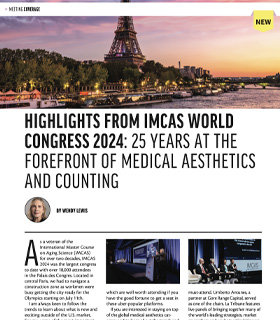





Speaking Engagements
July 12 - 13
2024
FACE London
June 13 - 16
2024
5CC World Congress
May 15 - 19
2024
SCALE Nashville

COMING SOON from
CRC Press
CRC Press









